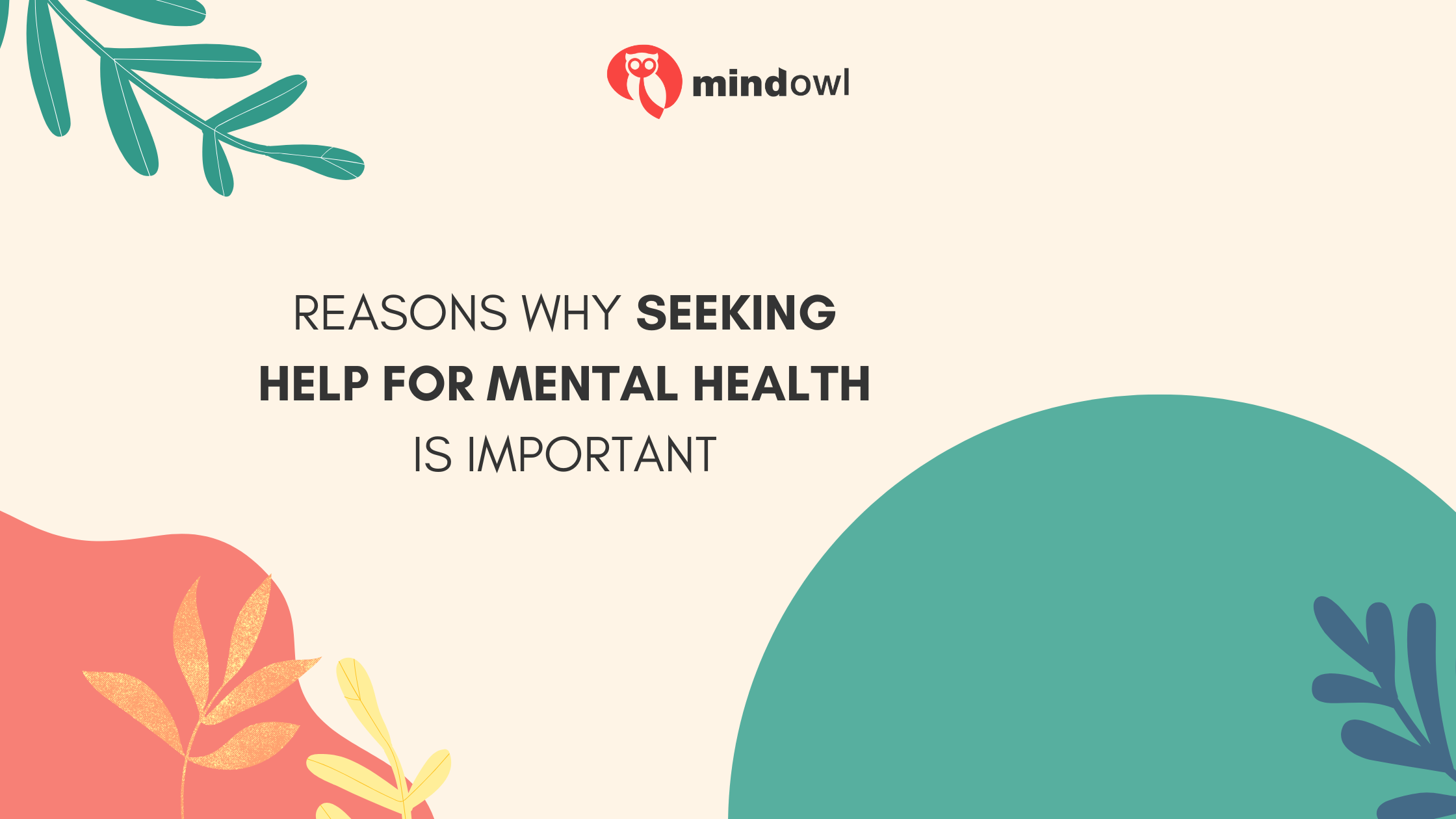
Mental health is a crucial aspect of overall well-being, yet it is often overlooked or stigmatized. Seeking help for mental health issues is an essential step in addressing challenges such as anxiety, depression, or addiction. With the right support and resources, individuals can gain clarity, build resilience, and lead more fulfilling lives. Trusted organizations offer services designed to help individuals navigate mental health challenges effectively. Here are key reasons why seeking help for mental health is vital. Keep on reading to learn more!
Mental Health Impacts Every Aspect of Life
Your mental health influences how you think, feel, and behave in daily life. It affects your relationships, decision-making, and physical health. Ignoring mental health issues can lead to difficulties in work, social interactions, and personal goals. Seeking help ensures that you address these challenges before they escalate, enabling you to maintain balance and achieve your aspirations.
For example, untreated anxiety or depression can affect productivity and strain relationships. Professional guidance helps identify coping mechanisms and strategies to manage these issues effectively.
Early Intervention Prevents Escalation
One of the most compelling reasons to seek help for mental health is that early intervention can prevent minor issues from becoming severe. Mental health conditions, when left untreated, can worsen over time, leading to significant disruptions in your life.
Addressing concerns early allows you to gain control before they develop into more complex problems. Whether it’s mild stress or the onset of addiction, seeking professional assistance from trusted providers like Camelback Recovery ensures that you receive timely support tailored to your specific needs. That way, you can be sure you’re on the right path to healing.
Improves Emotional Well-Being
Mental health struggles often create feelings of isolation, hopelessness, or overwhelm. Seeking help provides a safe space to process these emotions and learn healthy ways to manage them. Counseling, therapy, or support groups help individuals identify the root causes of their emotional distress and work through them constructively.
Improved emotional well-being leads to better relationships, increased self-esteem, and the ability to navigate life’s challenges with confidence. By addressing underlying emotional pain, individuals can move toward a healthier, more balanced state of mind.
Builds Resilience and Coping Mechanisms
Professional mental health support equips individuals with tools and strategies to manage stress, cope with challenges, and build resilience. These skills are essential for maintaining mental stability and navigating life’s ups and downs. Therapy often includes techniques such as mindfulness, cognitive-behavioral strategies, or problem-solving skills that empower individuals to take control of their mental health.
Developing these coping mechanisms can better handle stressors, maintain a positive outlook, and reduce the risk of future mental health challenges.
Reduces Physical Health Risks
Mental health and physical health are deeply interconnected. Conditions like chronic stress, anxiety, and depression can lead to physical health issues such as heart disease, weakened immune systems, and digestive problems. Seeking help for mental health not only improves emotional well-being but also has a positive impact on physical health.
Therapists and counselors often address lifestyle factors such as sleep, nutrition, and exercise, which contribute to overall health. This holistic approach ensures that both your mind and body are cared for.
Breaks the Stigma Surrounding Mental Health
One of the barriers to seeking help is the stigma associated with mental health issues. Many individuals feel ashamed or fear judgment, which prevents them from reaching out for support. However, every step taken toward seeking help contributes to breaking this stigma.
When you prioritize your mental health, you set an example for others to do the same. There are organizations that provide non-judgmental spaces where individuals feel safe to address their concerns during therapy, fostering an environment of acceptance and understanding.
Enhances Relationships and Social Connections
Mental health struggles can strain relationships with family, friends, and colleagues. Seeking help allows individuals to gain insights into their behavior and emotions, fostering healthier communication and relationship dynamics. Therapists can provide strategies for setting boundaries, resolving conflicts, and building meaningful connections.
Improved mental health enables individuals to engage more authentically with their loved ones, creating stronger and more fulfilling relationships.
Encourages Personal Growth
Seeking help for mental health is not just about addressing challenges—it’s also an opportunity for personal growth. Therapy and counseling provide a platform for self-reflection, helping individuals understand their thoughts, values, and goals on a deeper level. This process fosters self-awareness and promotes a sense of purpose.
By exploring your strengths and addressing limitations, you can unlock your full potential and achieve greater fulfillment in both personal and professional aspects of life.
Supports Long-Term Recovery from Addiction
For individuals struggling with addiction, seeking mental health support is an essential step toward recovery. Addiction often stems from underlying emotional or psychological issues, such as trauma, anxiety, or depression. Addressing these root causes through therapy is critical for achieving and maintaining sobriety.
Programs that integrate mental health treatment with addiction recovery, provide a holistic approach that focuses on the individual’s overall well-being. This comprehensive care ensures that mental health challenges are addressed alongside addiction, creating a stronger foundation for long-term success. Even though it may seem extremely hard at first, step by step you’ll improve your chances of complete success.
Promotes Workplace Productivity and Stability
Untreated mental health conditions can significantly impact workplace performance, leading to absenteeism, reduced productivity, and strained relationships with colleagues. Seeking mental health support not only improves personal well-being but also translates into better focus, creativity, and communication at work.
Employers increasingly recognize the importance of mental health and offer resources such as employee assistance programs (EAPs) and wellness initiatives. Engaging in these programs or seeking external support helps individuals manage stress, improve work-life balance, and contribute positively to their professional environment.

To sum it up, seeking help for mental health is a proactive step toward a healthier, more fulfilling life. It allows individuals to address challenges, build resilience, and improve their overall quality of life. With compassionate support from providers, you can navigate mental health struggles with confidence and find the tools needed to thrive. Prioritize your mental health—it’s the foundation for lasting well-being and personal growth. Thank you for reading and good luck!
MindOwl Founder – My own struggles in life have led me to this path of understanding the human condition. I graduated with a bachelor’s degree in philosophy before completing a master’s degree in psychology at Regent’s University London. I then completed a postgraduate diploma in philosophical counselling before being trained in ACT (Acceptance and commitment therapy).
I’ve spent the last eight years studying the encounter of meditative practices with modern psychology.

